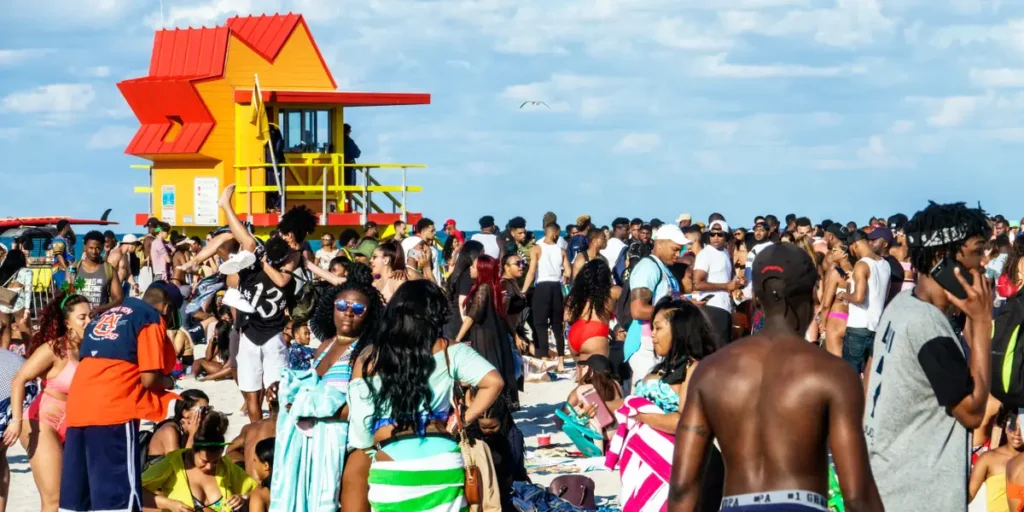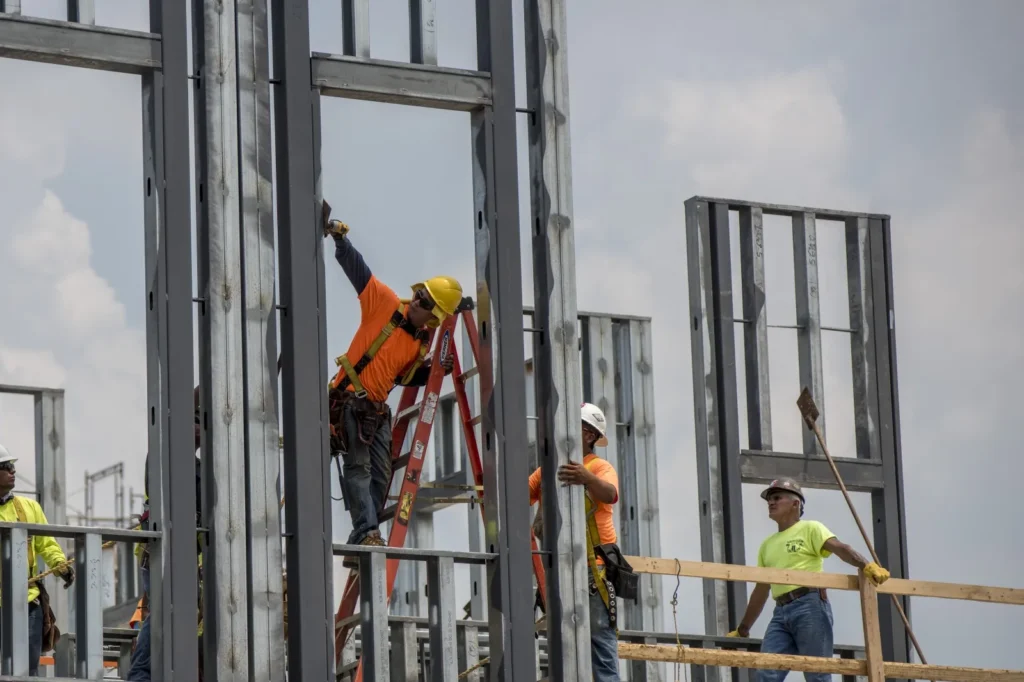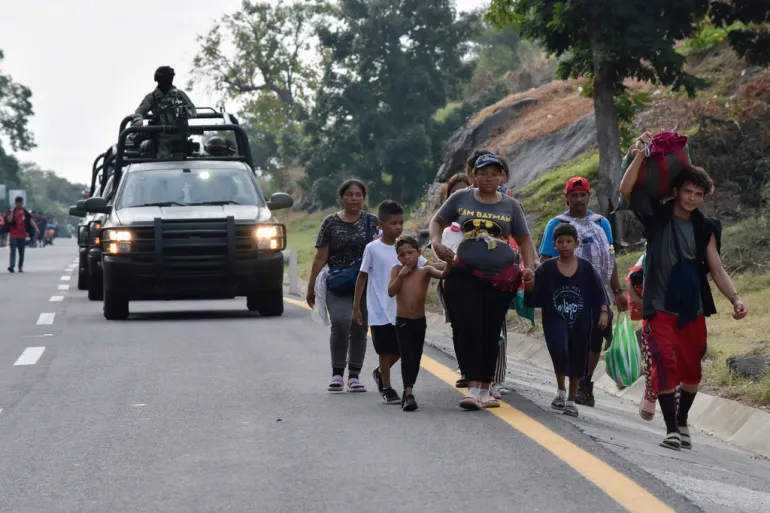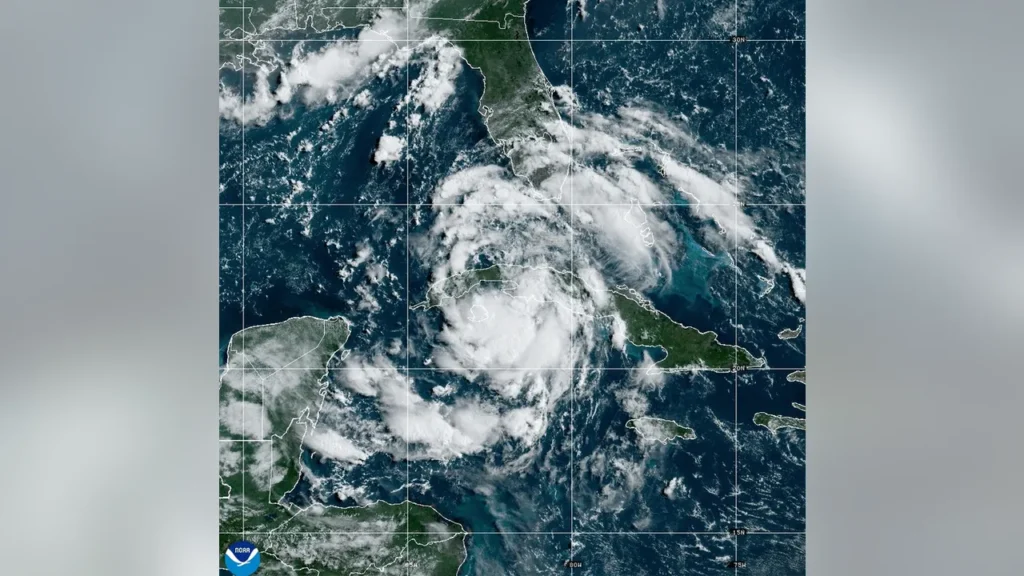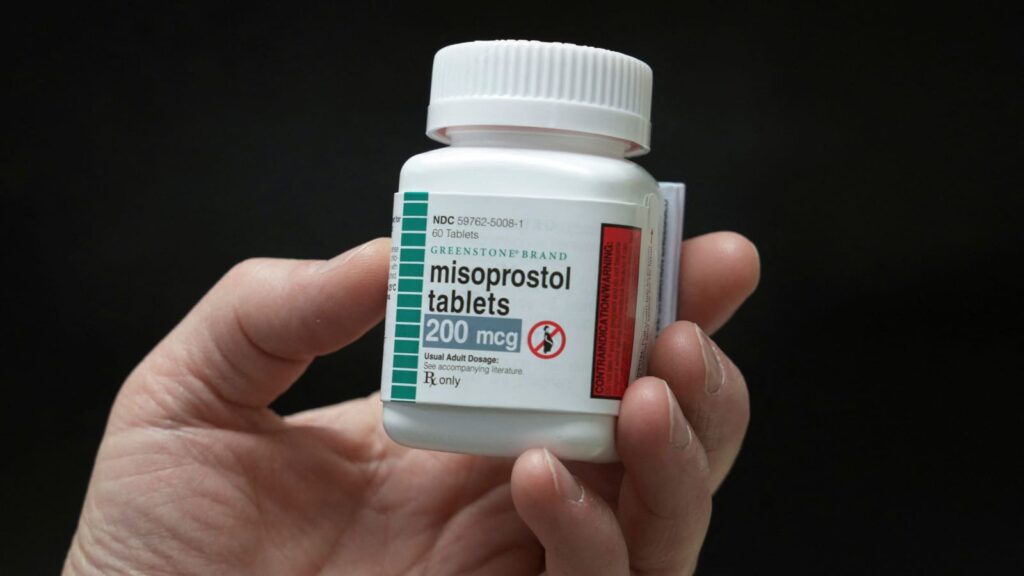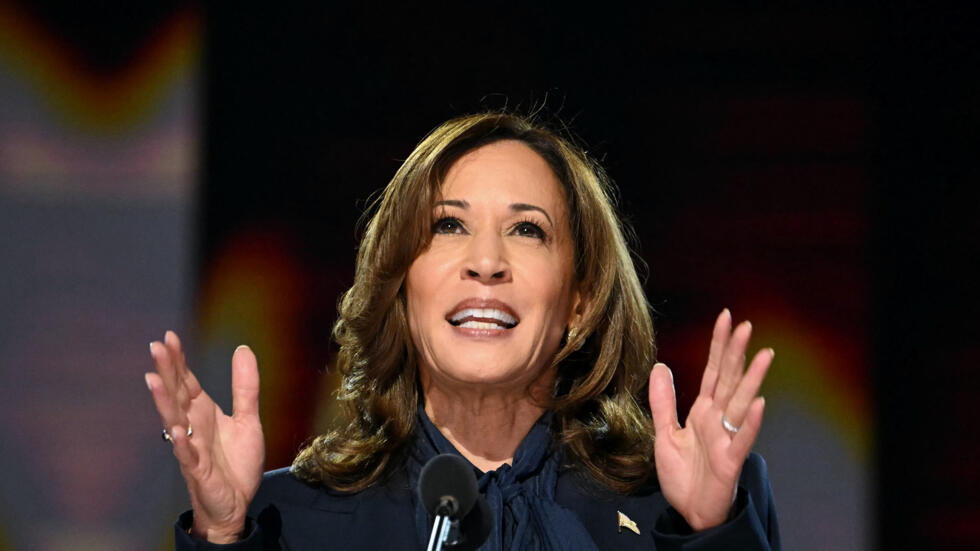Spring Break celebrations in Miami will be limited
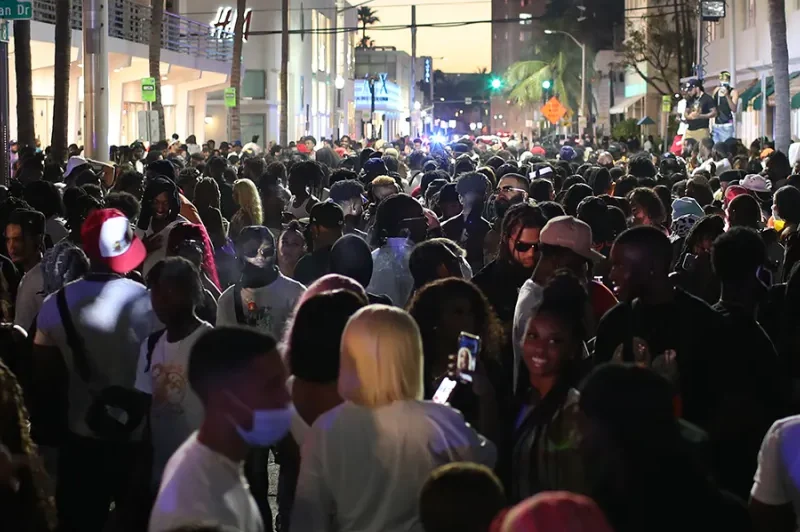
Spring Break celebrations in Miami will be limited with a series of measures being taken to ensure public order.
Although the Spring Break celebrations in Miami are a tradition for the boreal spring vacation days, this break period in the U.S. educational system brings thousands of students to fill the beaches before the countless number of parties.
In this regard, the City of Miami Beach has issued a statement detailing strict measures to deal with Spring Break celebrations focusing on the welfare of residents and public safety.
Spring Break celebrations in Miami will be limited, and in this regard, the city expects citizens, both locals and visitors to respect the measure.
“Curfews, security checks and property inspections at beach access points, early closures of beach entrances, alcohol checkpoints, heavy traffic, partial road closures, and arrests for drug possession and violence are expected,” among other measures.
Read here: MORTGAGE RATES ARE HIGH IN THE U.S..
Spring Break celebrations in Miami will be limited.
All these measures will mean that Spring Break celebrations in Miami will be limited and with many restrictions.
The initial situation that stands out is the city turning to preventive and restrictive measures during March, a month historically characterized by an increase in youth and holiday tourism.
Miami Beach notes that “public consumption of alcohol, smoking tobacco or marijuana on beaches or in parks,” as well as “possession or use of narcotics” and “driving under the influence” (under the influence of alcohol or other drugs) are among the key illegal actions the city seeks to combat.
One of the restrictions on Spring Break celebrations in Miami is the prohibition on the beaches of “smoking cigarettes or filtered tobacco products, consumption of alcohol, narcotics and marijuana,” along with a ban on “large tents or marquees, tables or similar structures, loud music, large coolers, glass containers, polyethylene foam and plastic straws.”
Thus, Miami Beach is focused on creating a more controlled and safer environment for all.
Regarding lodging, the city emphasizes the regulation of short-term rentals.
The city warns that “many short-term rentals, including those purchased on Airbnb and VRBO, booked for a period of less than six months and one day, are illegal in the City of Miami Beach,” facing significant fines for non-compliance.
Read here: THE CALIFORNIAN START-UP OPENAI INCREASED ITS VALUE.
Controlling traffic at Spring Break celebrations in Miami
Another aspect of great impact are the measures aimed at traffic and parking during this period.
Miami Beach has implemented “a flat parking fee of $30, excluding March 7-10 and March 14-17, will be in effect in parking lots and surface lots in the Entertainment Zone, including parking lots at 7th Street and Collins Avenue (G1), 12th Street and Washington Avenue (G2), 13th Street and Collins Avenue (G3), 16th Street between Collins and Washington Avenues (G4), 17th Street and Convention Center Promenade (G5), 18th Street and Meridian Avenue (G7), Pennsylvania Avenue and Lincoln Lane North (G9), 18th Street and Bay Road (G10), and 23rd Street and Liberty Avenue (G12). “.
The flat parking fee does not apply to Miami Beach residents, access card holders, permit holders or employees with proper identification. The city thus seeks to control vehicular access and reduce congestion, especially during high-impact weekends in March.
The control of towed vehicles for non-residents is another key strategy, with an elevated fee “the cost of towing for non-residents will be $516 – double the normal fee – plus a $30 administrative fee for vehicles towed on South Beach within the boundaries of 23 Street and Dade Boulevard,” reflecting the seriousness with which the city is implementing these measures.
Access to the beaches will be limited through security checkpoints at specific entrances.
In addition, “liquor stores in the Entertainment District are always required to close by 8 p.m.,” reinforcing alcohol consumption control policies.
